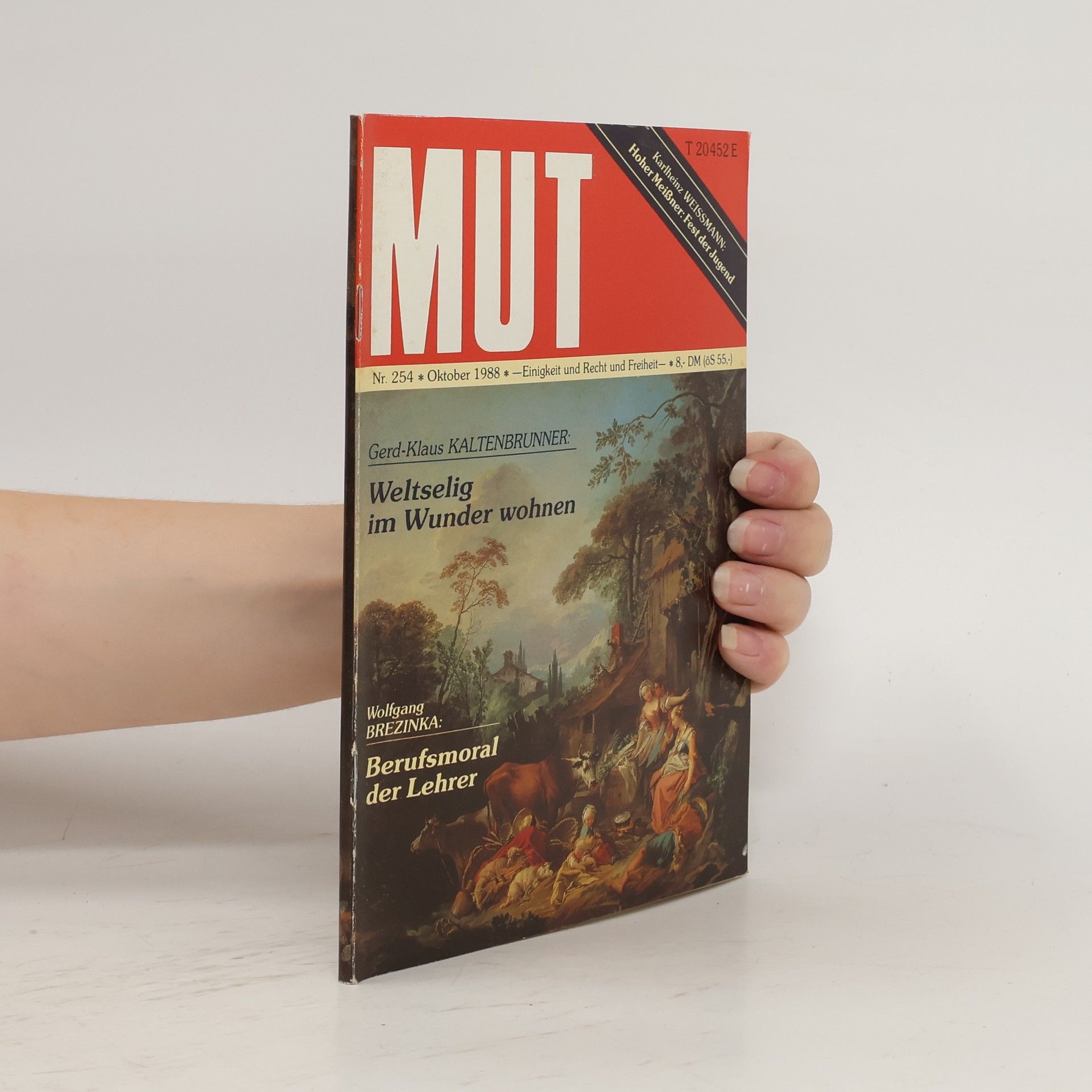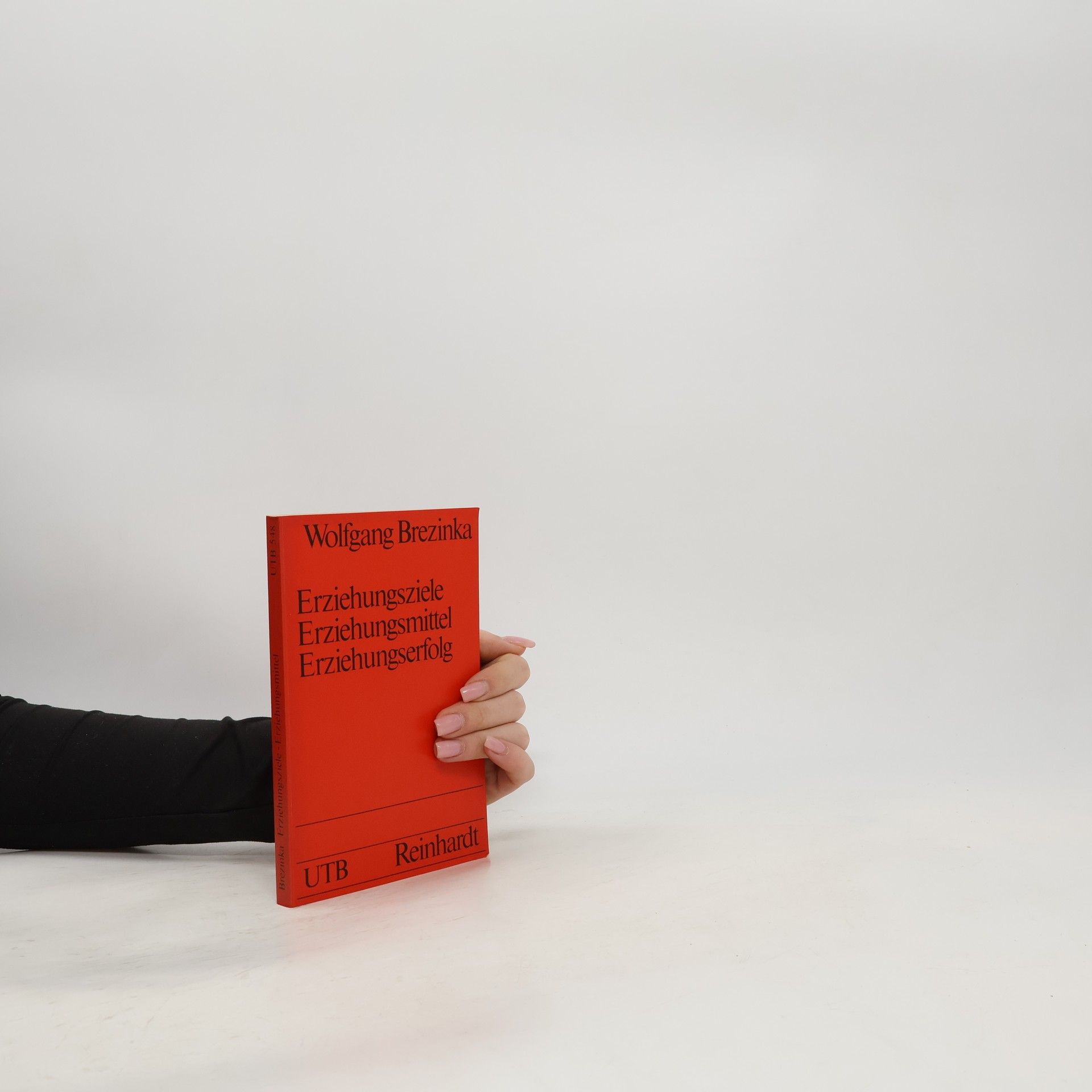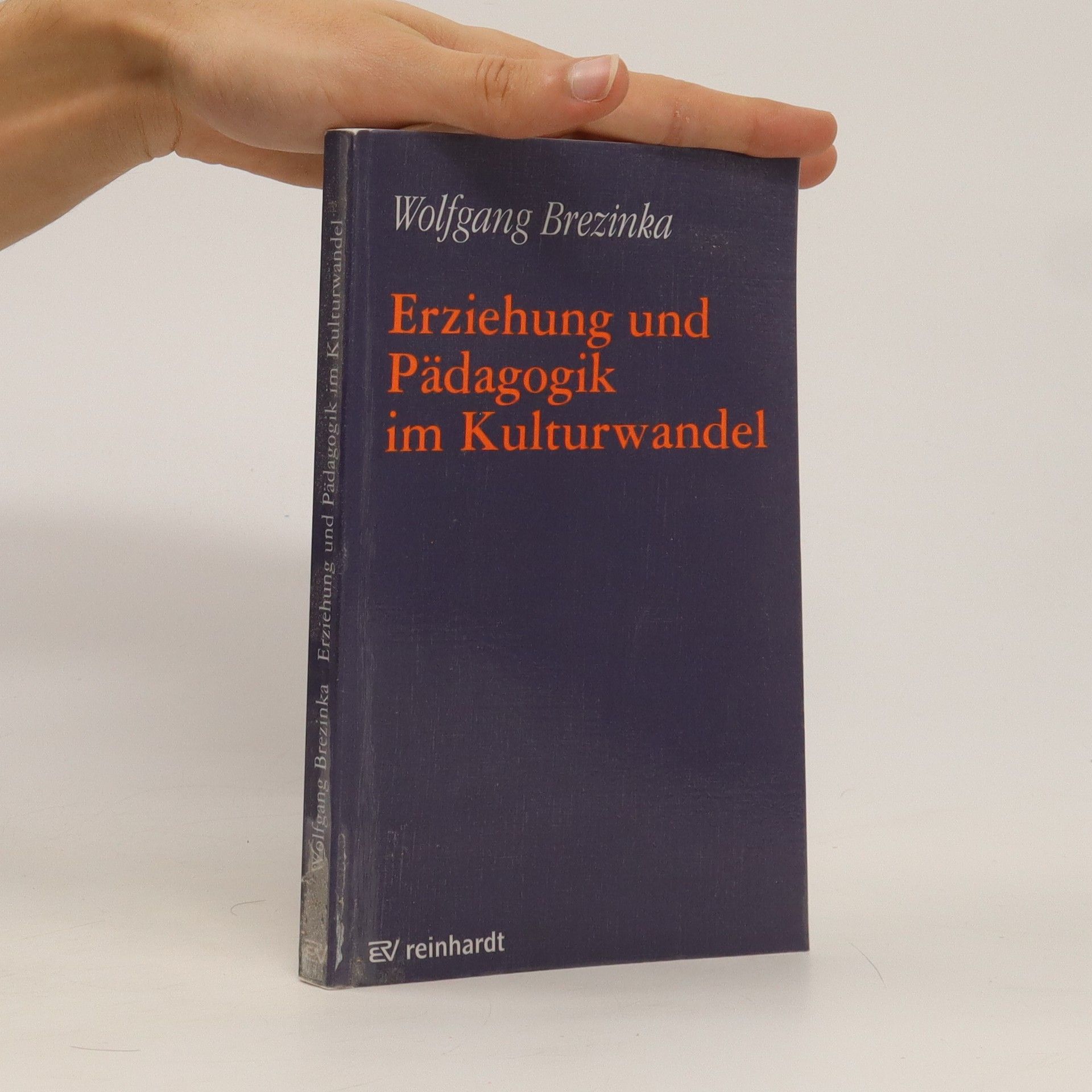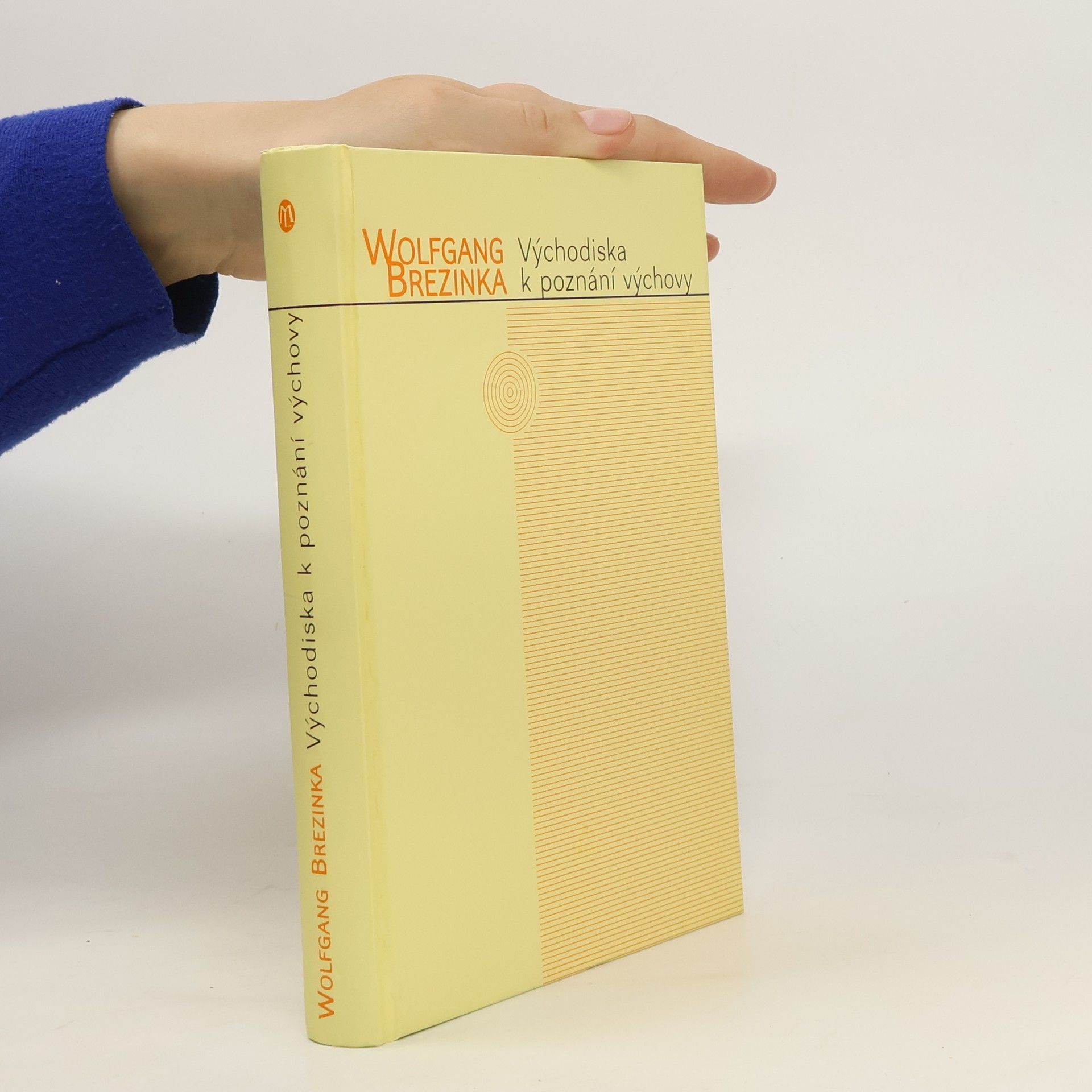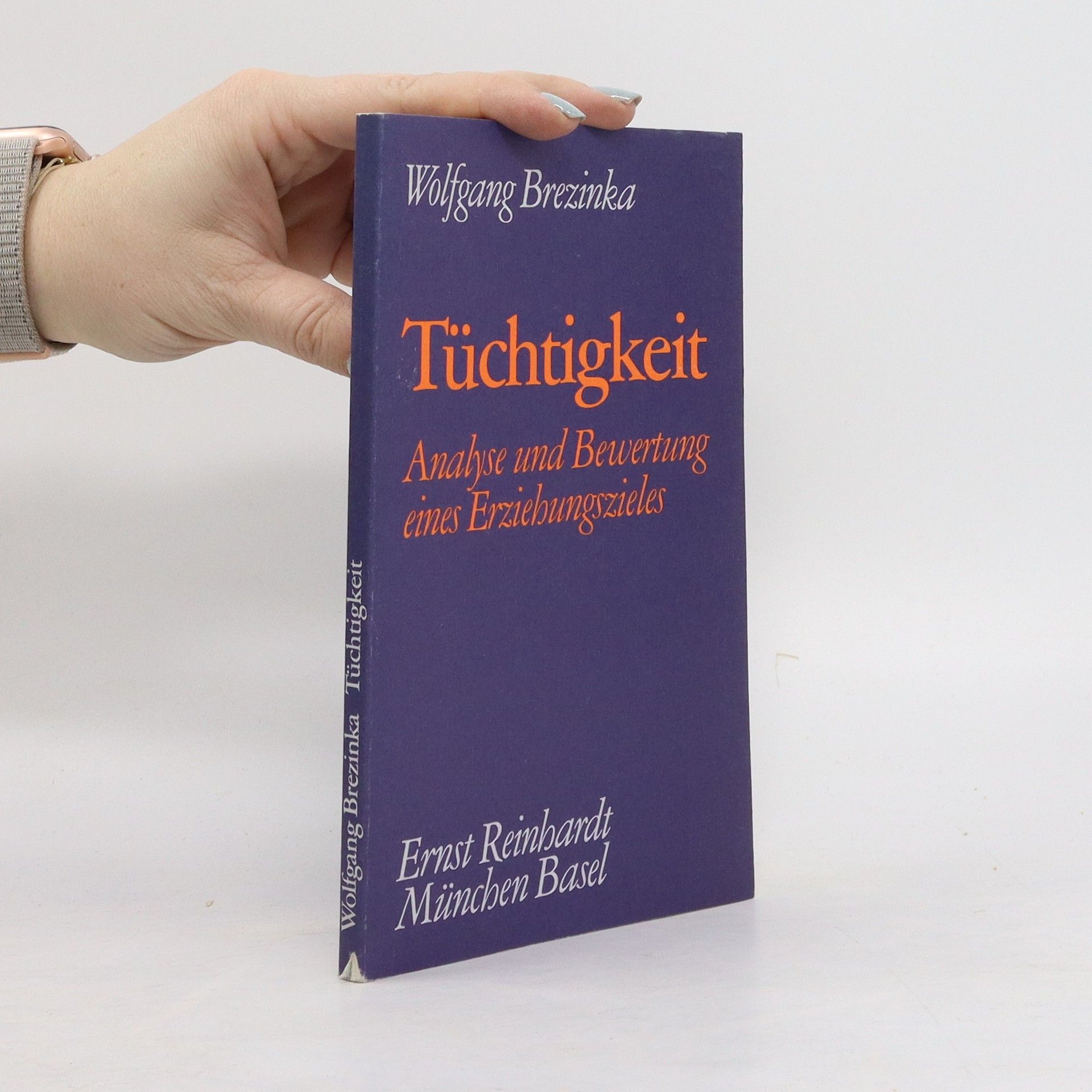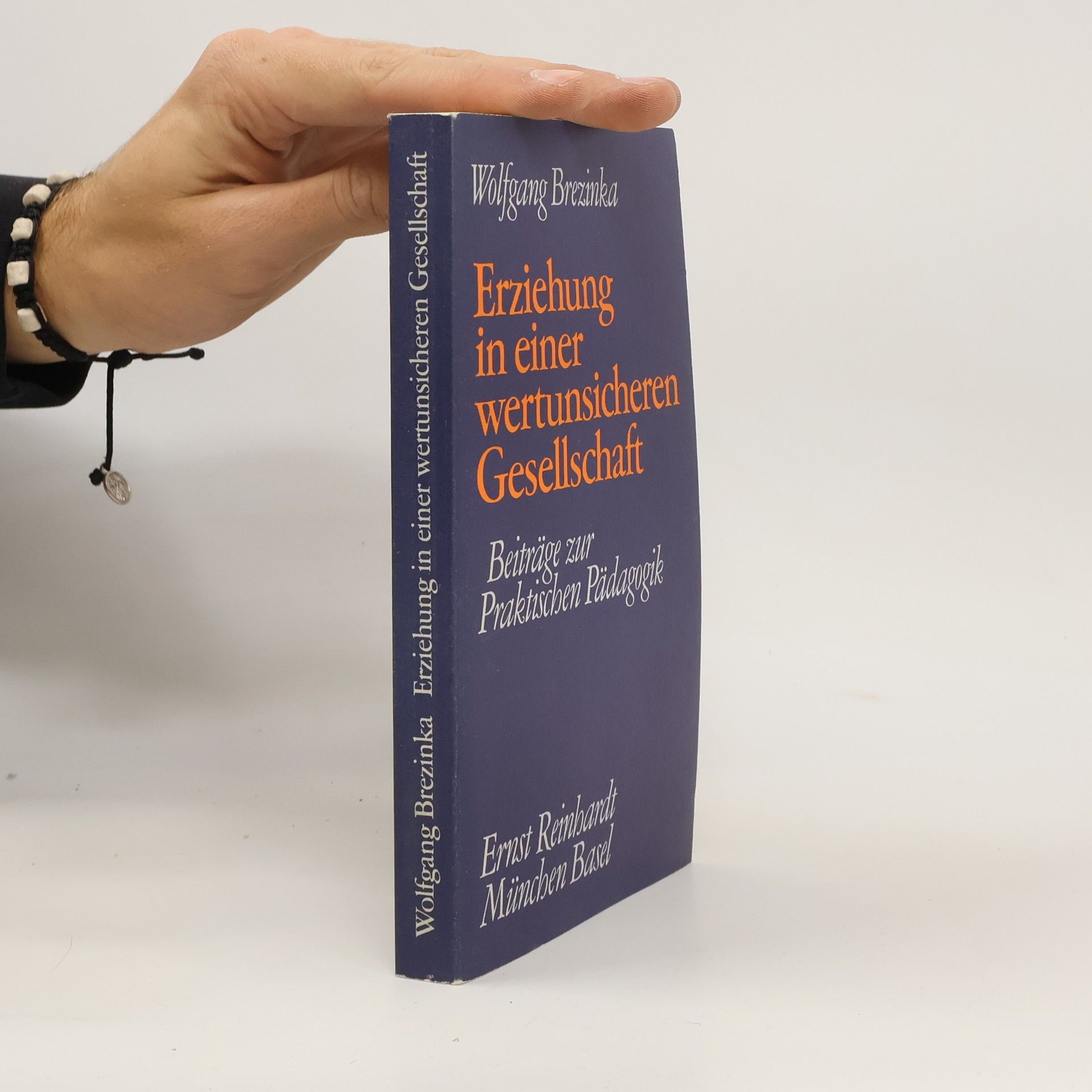Pädagogik als umkämpftes Fach
Lebenserinnerungen 1967-2020
Im zweiten Teil seiner Autobiographie schildert Wolfgang Brezinka seine Lebensgeschichte zwischen 1967 und 2020. Einen zentralen Stellenwert nehmen dabei seine Kampfe an der 1966 gegrundeten Universitat Konstanz ein, die hier zum ersten Mal unbeschonigt geschildert werden. Wolfgang Brezinka (1928-2020) war mit dem Erkenntnisstand des Lehrfaches Padagogik sowie der Qualitat des eigenen padagogischen Wissens seit seiner Studienzeit unzufrieden. Systematisch vergroaertPe er das eigene Fachwissen und scheute nicht vor Kampfen fur die Anerkennung und den Ausbau serioser Padagogik als universitares Studienfach zuruck. Mit seinem Mut zur Kritik mangelhafter Erziehungstheorien und ihrer unhaltbaren Grundlagen geriet er in Deutschland und Osterreich in den 70er-Jahren des 20. Jahrhunderts in erregte Kontroversen. Sein reichhaltiges Werk ist ein uberaus produktiver Beitrag zur Entwicklung des Fachs Erziehungswissenschaft. Im zweiten Teil seiner Autobiographie schildert Brezinka nicht nur seine Lebensgeschichte ab 1967. Das Buch ist auch der erste unbeschonigte Beitrag zur krisenreichen Grundungs- und Fruhgeschichte der Universitat Konstanz und ihrer spannungsreichen Beziehungen zur Landesregierung von Baden-Wurttemberg zwischen 1965 und 1979. Deshalb ist ein Anhang mit 14 bisher unveroffentlichten Dokumenten beigefugt.

